Rohingya Muslims in the Largest Refugee Camp in the World
Providing life-saving basic assistance in camps and improving the conditions in existing camps
Have you ever stopped to think about how important it is to have a roof over your head?
It makes you feel safe. It offers security for you, your family and your possessions. It protects you from the driving rain or beating sun. It can even help you to get access public services and community networks.
In fact, ‘while starvation occurs over a period of weeks, death from exposure can occur in a single night’ (UN Coordinator for Afghanistan).
But in 2017 alone, 26.5 million people did not receive the vital emergency shelter aid they so desperately needed after being forced to flee their homes after disaster. Only one in five families worldwide received the support they needed.
Our report, Recovery Starts with Shelter, reveals the scale of the huge unmet need for emergency shelter. Take a look at our key findings.
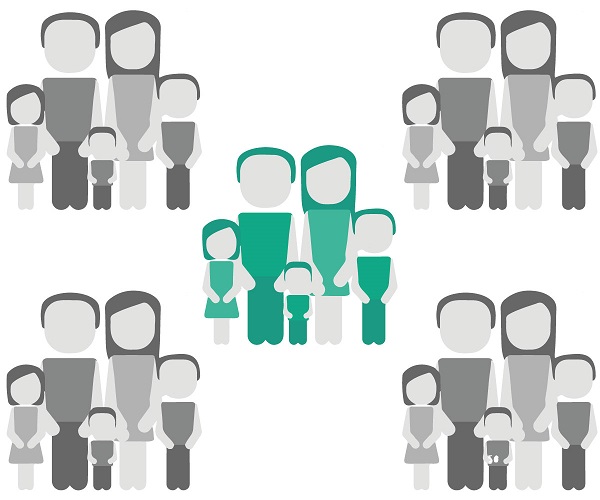
Only 1 in 5 families received shelter and non-food items in 2017. That’s a shortfall of 81%.
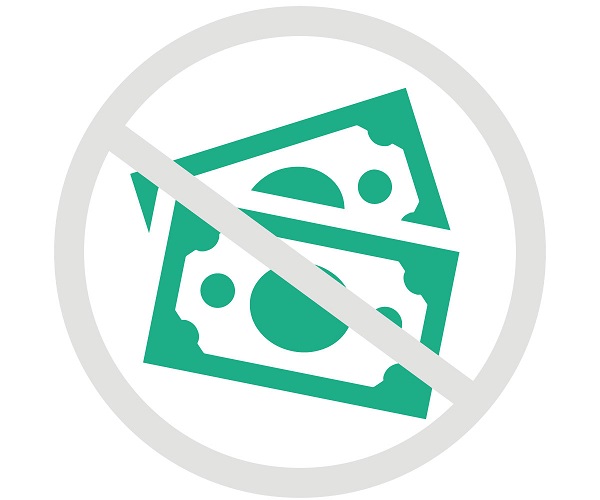
26.5 million people did not receive the support they desperately need due to funding shortages.
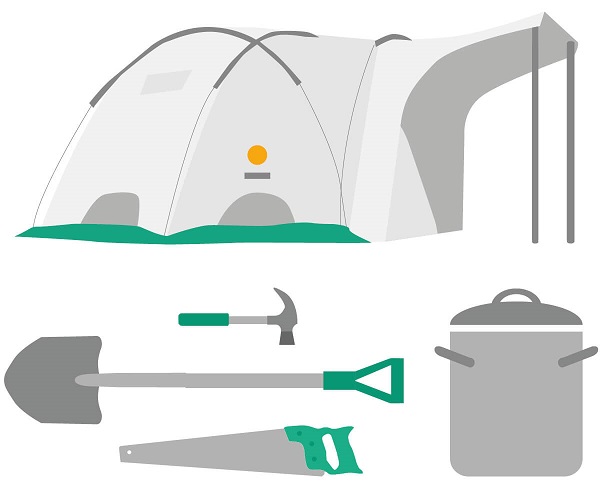
$1.1 billion is all that is needed to fund the shelter needs for families left homeless by conflict and disaster.
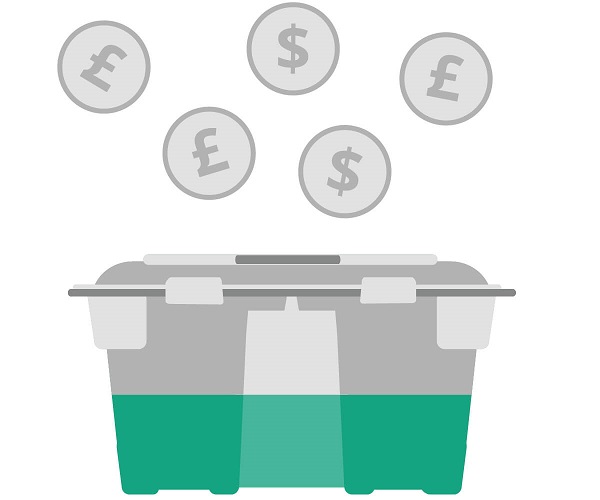
In the last five years, shelter provision has been consistently underfunded, with all appeals in the study raising less than half of their target funding.
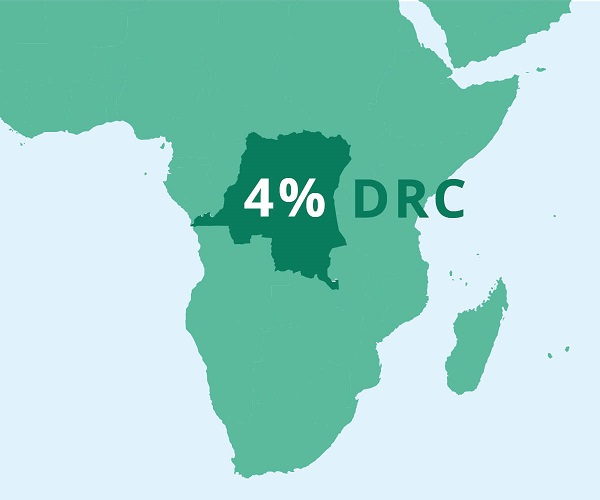
Of all the countries included, the Democratic Republic of Congo received the least amount of funding, reaching only 4% of their target funding for shelter.
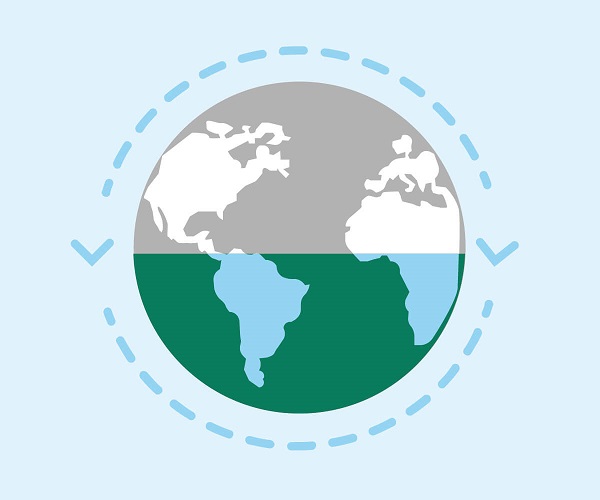
Over half (56%) of the countries impacted by humanitarian and climate disasters were already experiencing low human development.
